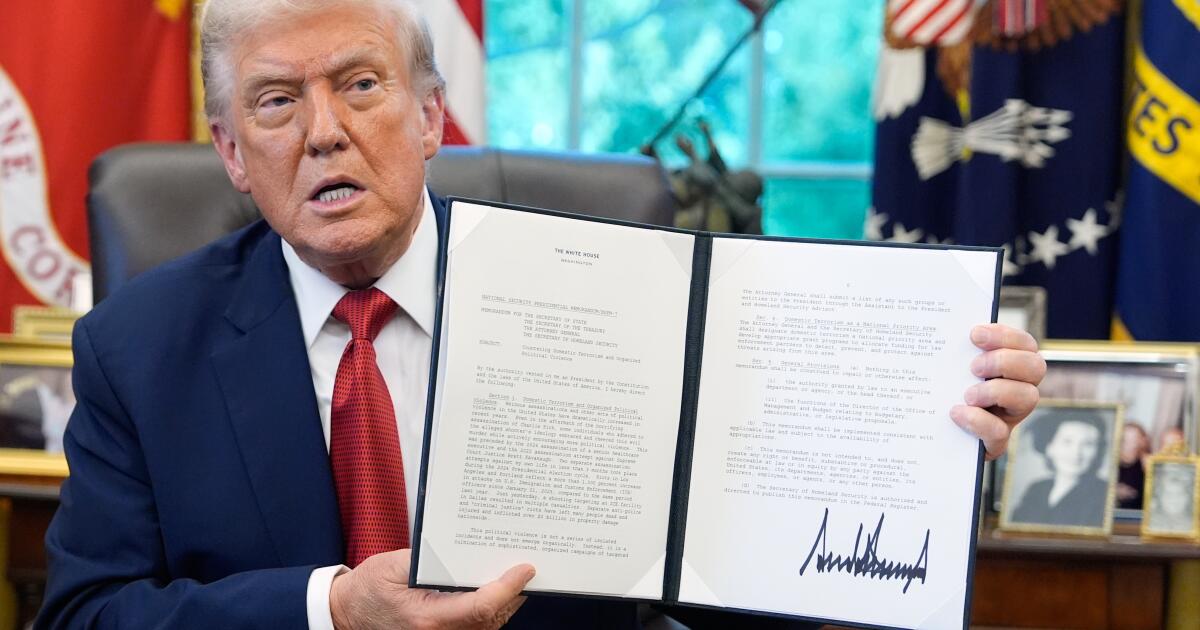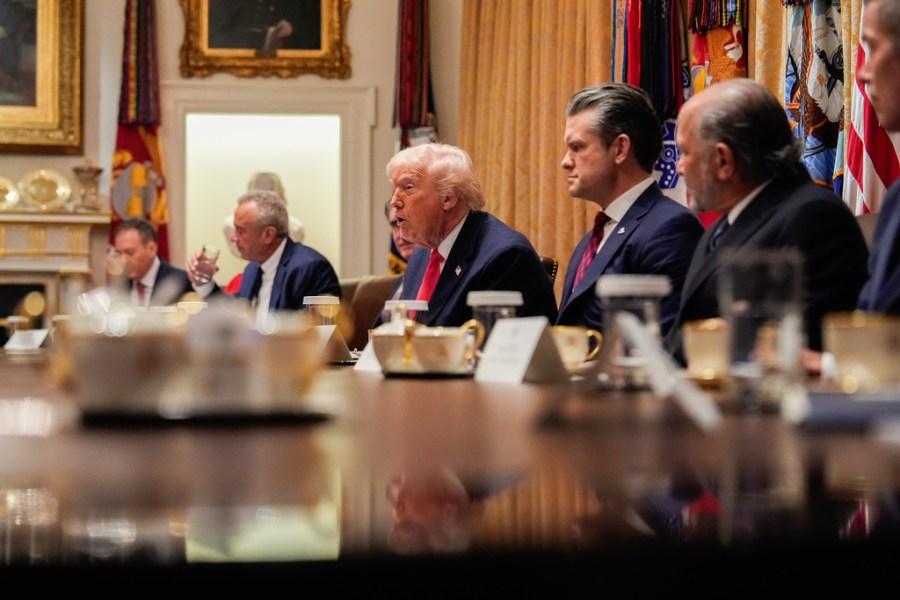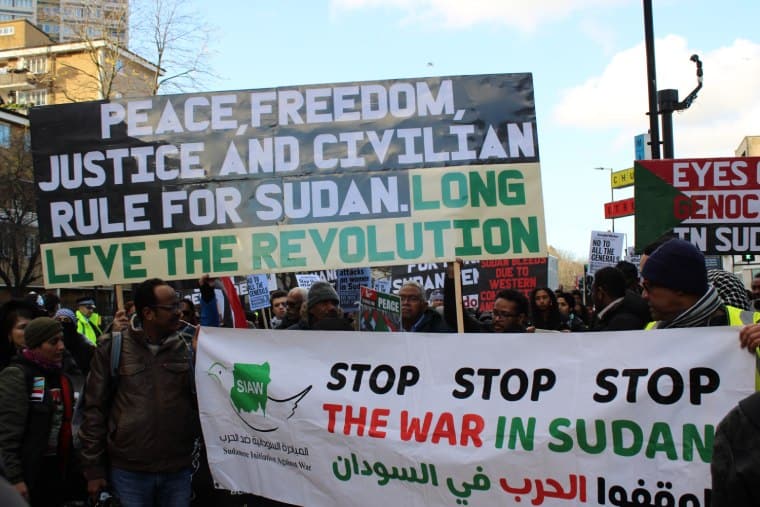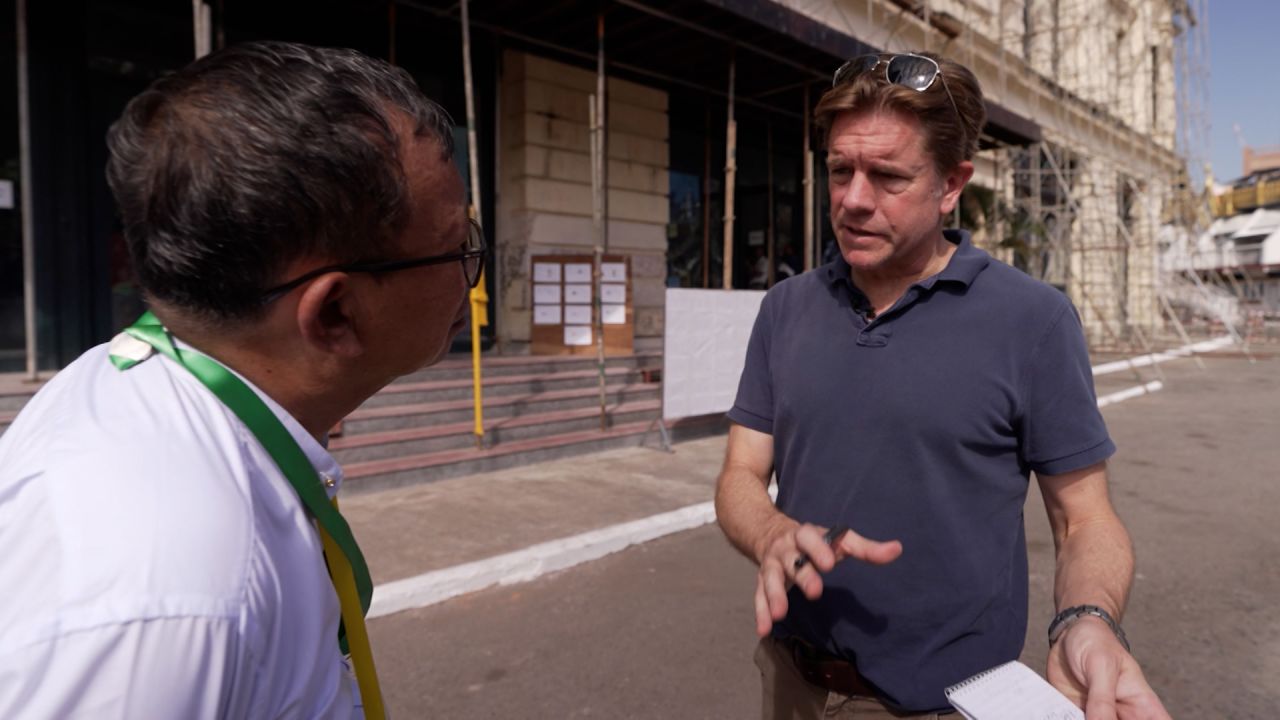Former President Donald Trump has reignited discussions about presidential authority and emergency powers through his recent actions and statements. Critics argue that while he is not a dictator, his approach poses risks similar to those seen in historical examples of unchecked power.
The concept of a dictator has deep historical roots, tracing back to figures such as Julius Caesar. In ancient Rome, the term was initially associated with temporary authority granted for crisis management. However, the legacy of Caesar has transformed the term into one synonymous with tyranny. The Roman Republic’s experience serves as a cautionary tale for modern democracies, emphasizing the potential dangers of concentrated power.
In the United States, the founding fathers, including Benjamin Franklin, recognized the importance of balancing power. Franklin famously remarked that the nation had been given “a republic, if we can keep it.” The U.S. Constitution was crafted to prevent the rise of a tyrant while allowing for extraordinary powers during genuine emergencies. The challenge lies in distinguishing between true crises and the opportunistic use of emergency powers.
Recent events have spotlighted this issue. Trump declared a national emergency concerning trade imbalances, claiming authority under the International Emergency Economic Powers Act of 1977. This law, which does not explicitly mention tariffs, has been used by Trump to impose tariffs on various nations, including Brazil and Canada. His justification for these actions has raised eyebrows, particularly as the U.S. maintains trade surpluses with both countries.
In March 2024, Trump announced plans to raise tariffs on Canadian goods by an additional 10%. This decision followed a pro-free trade advertisement from Ontario, which Trump interpreted as a provocation. Critics argue that these tariff hikes are not based on genuine emergencies but rather on political motivations.
The challenge of defining a legitimate emergency is significant. For instance, many individuals may face trade deficits in their daily lives, such as at grocery stores, yet they do not declare these as crises. Trump’s legal team contends that denying the president broad powers could have disastrous consequences, framing the argument as a necessary safeguard for national security. This, however, echoes the historical narrative of leaders claiming unchecked authority for the sake of public safety.
Congress has a role in overseeing the use of emergency powers, with provisions requiring reviews of presidential actions every six months. However, recent changes initiated by Congressional Republicans have made it more difficult to hold the executive branch accountable. The dynamic raises concerns about the erosion of checks and balances that are fundamental to the republic.
In assessing the current political climate, it is crucial to remember that republics can falter not only through the actions of ambitious leaders but also through the complacency of those who enable them. As Franklin suggested, vigilance is necessary to maintain the balance of power and protect democratic institutions.
The debate surrounding Trump’s use of emergency powers underscores the ongoing struggle to define the limits of presidential authority. As the nation continues to grapple with these questions, the historical lessons of past republics remain relevant in guiding contemporary governance.







